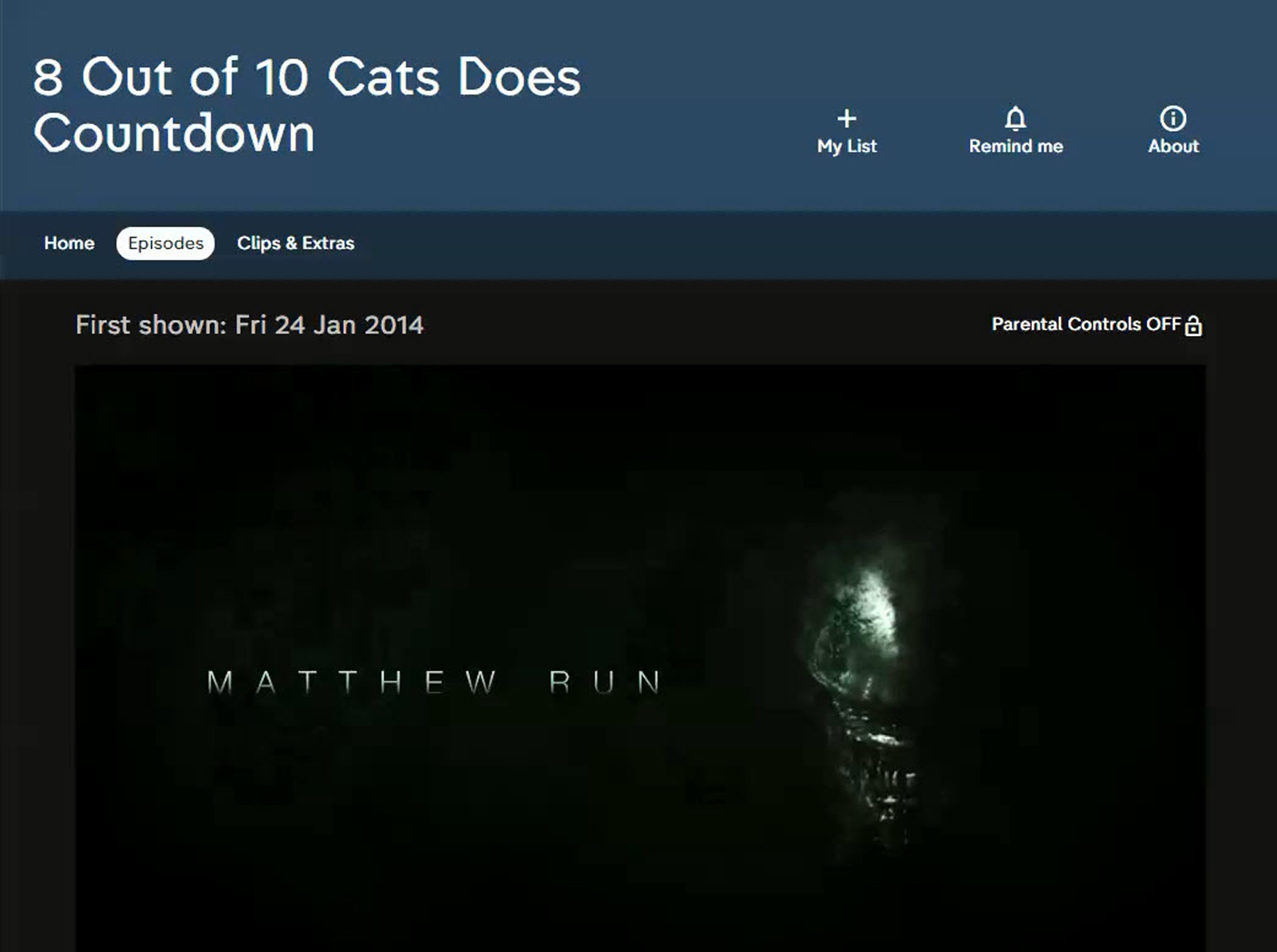
If you've ever been creeped out by those targeted ads on Facebook, they're about to be a touch easier to spot. The social network has agreed with the Online Interest-Based Advertising Accountability Program to start displaying the "AdChoice" icon (the image above) in behaviorally targeted Facebook Exchange (FBX) ads, but only when users roll over a gray "x" above the ad. Not only will this let them know the ad is marketed to them based on browser behavior, but it'll let them opt out of that specific ad network. Facebook'll also replace the "Report this ad" hover text with a more descriptive phrase like "Learn about Facebook Ads."
However, it's unclear if this is in complete compliance with the Federal Trade Commission guidelines for "clear and prominent notice" since the ads still require user interaction to reveal their targeted nature. In an emailed statement from Facebook, Chief Privacy Officer Erin Egan said: "At Facebook, we work hard to build transparency and control into each of our products, including our advertising offerings." Whether you agree with that or not, you'll start seeing the AdChoice implementation in desktop FBX ads at the end of March.
Comments
Via: Ad Age, Ars Technica
Source: Advertising Self-Regulatory Council (PDF), ASRC Reviews
 Adverts are about to get a lot more personalised -- or creepier, depending on your point of view -- the next time you hop on the All 4 streaming service to catch up on The Island with Bear Grylls. This month, Channel 4 is bringing a new ad format to...
Adverts are about to get a lot more personalised -- or creepier, depending on your point of view -- the next time you hop on the All 4 streaming service to catch up on The Island with Bear Grylls. This month, Channel 4 is bringing a new ad format to...
 Adverts are about to get a lot more personalised -- or creepier, depending on your point of view -- the next time you hop on the All 4 streaming service to catch up on The Island with Bear Grylls. This month, Channel 4 is bringing a new ad format to...
Adverts are about to get a lot more personalised -- or creepier, depending on your point of view -- the next time you hop on the All 4 streaming service to catch up on The Island with Bear Grylls. This month, Channel 4 is bringing a new ad format to...
 Facebook's features let advertisers limit which users see their material, ideally those who will be more interested in their products. But currently included in the "demographics" section of their ad-targeting tool is the ability to select which user...
Facebook's features let advertisers limit which users see their material, ideally those who will be more interested in their products. But currently included in the "demographics" section of their ad-targeting tool is the ability to select which user...
 As much as we debate new Twitter features that affect users, in its pursuit of revenue the company is constantly courting advertisers. Its latest gambit capitalizes on that oh-so-popular element of modern conversation and 2015 "word" on the year: the...
As much as we debate new Twitter features that affect users, in its pursuit of revenue the company is constantly courting advertisers. Its latest gambit capitalizes on that oh-so-popular element of modern conversation and 2015 "word" on the year: the...
 Last spring, Verizon began offering its customers a way to opt out of the "supercookies" that track activity for advertisers to leverage. Following a settlement with the FCC, the wireless company must give customers the choice to opt in to the progra...
Last spring, Verizon began offering its customers a way to opt out of the "supercookies" that track activity for advertisers to leverage. Following a settlement with the FCC, the wireless company must give customers the choice to opt in to the progra...




